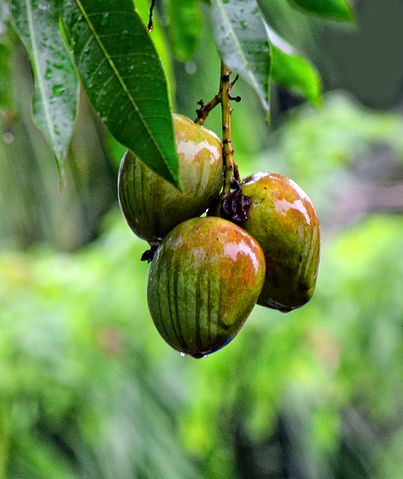Jenny Hall
Verses from the Dhammapada 328
The 'wise friend' is the subject of this verse which points to the importance played by the 'sangha' or Buddhist community in providing support for practice.

“Let a man walk gladly with a wise friend overcoming troubles.”
This verse refers to the Sangha, the community of teachers and friends walking the Buddha’s path. Every morning we chant: “I take refuge in the Sangha …”
“A wise friend”
When we take our first, tentative steps on the Buddha’s path, it is the ‘wise friend’ of the Sangha that supports and guides us. As we continue, it becomes clearer that our teachers are pointing to a life free from ‘I’. In that sense, they are living symbols of Buddha nature – the open heart. They show us that, by giving ourselves reverently, over and over again, into feelings, people, tasks and situations without thinking of ourselves, “choiceless awareness” – as Krishnamurti called it – becomes available. Between friends there is affection, kindness and helpfulness. Within the open heart, with the barrier of ‘I’ burned away, these qualities blossom.
Nature is also a ‘wise friend’. Ajahn Chah often told the JÄ�taka tale of a king and his retinue passing a forest on the way to an official meeting. The king notices some mango trees along the way; one, in particular, is weighed down by the ripe fruit. The king thinks to himself: “What magnificent mangoes! On the way back, I’ll stop and pick some. They will be very refreshing after a long, tiring journey.”
However, some functionaries at the rear of the retinue have also spotted the fruit. Behind the king’s back, they begin to shake the mango tree violently. They break the branches and take all the ripe mangoes for themselves. On the return journey, the king, who has been looking forward to picking the fruit, arrives back at the tree. He is shocked to see it bereft and damaged. He says to himself: “This tree has been mistreated!” Then he looks around and notices another tree, with very few mangoes growing on it. The king reflects: “That tree has been spared the abuse suffered by the fuller tree. It looks exactly the same as when we first passed it. Its few mangoes are still intact.” He reflects further: “There is a problem with a full tree. I have the same problem with my life. I have too many responsibilities, duties and distractions. I am surrounded by too many people. Maybe I should change my life. Maybe I should be more like this scrawny mango tree. Maybe I should renounce some of my worldly duties and responsibilities.” The tree inspires him to walk the spiritual path. In later years, when asked who his teacher was, the king always replies: “A mango tree was my teacher.”
“Overcoming troubles”
We tend to label certain people and circumstances as ‘trouble’. It is easy to regard the fruit plunderers in the story above as villains. However, in Zen training, situations judged by ‘me’ as unpalatable or not suiting ‘me’ are seen as precious opportunities. A friend who had been walking the Zen path for many years greeted everything with a smile. When failing health necessitated his moving to a care home, he relinquished his house graciously. He continued to radiate the selfless warmth and kindness of the open heart to all the residents and staff of the care home.
When ‘I’ am given away, nothing can be labelled as an ‘enemy’. There is friendship with whatever occurs. The famous conversation that Banzan overheard between a butcher and a customer points to this. The customer said: “I want the best piece of meat you have.” The butcher replied: “In my shop, every piece of meat is the best piece.”
In the Jewish tradition, at the start of the day, certain prayers are repeated. An old Hasidic rabbi asks a student how he can tell when night has ended, and the day has begun. The student gives an answer, but the rabbi rejects it. In turn, the student requests the rabbi’s answer. The old man replies: “Until you regard the face of all as your sister or brother, it is still night.”
This story refers not only to people and situations, but also to making friends with all the ‘enemies’ we would like to deny, repress or ignore in our own hearts. When we greet and embrace anger, hate, desire and fear, the energy is transformed. We enter the kitchen and become one with the washing-up. We enter the street and become one with the neighbour. In such relationships, within the open heart, as Ramana Maharshi said: “There are no others.”
© Jenny Hall




































































